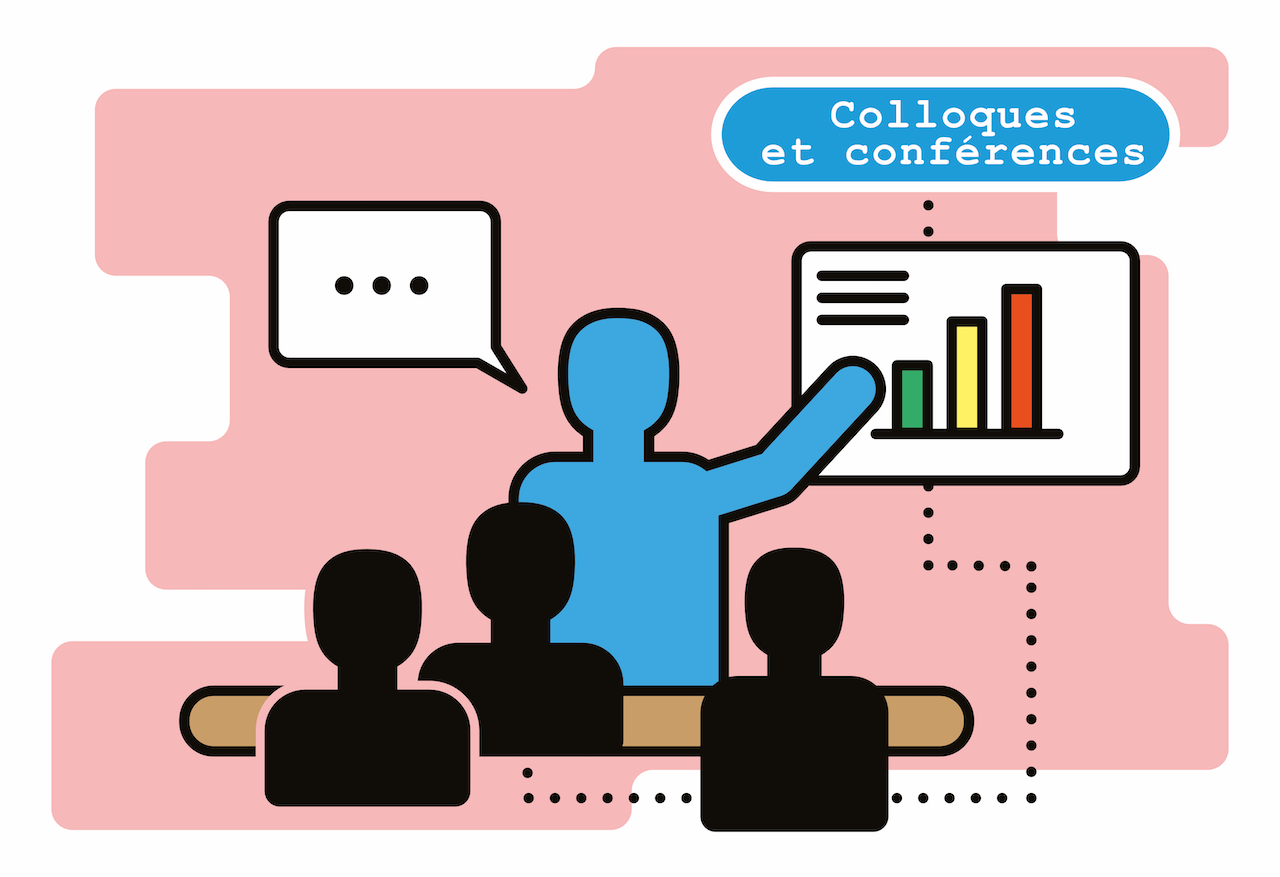Want to join? Enhancing team performance in innovation crowdsourcing contests through effective incentive design
Fiche du document
5 août 2024
- ISIDORE Id: 10670/1.363114...
- hal: hal-04952350
http://creativecommons.org/licenses/by/
Sujets proches
Human-based computation Crowdsourcing Human computation systemsCiter ce document
Juan Pablo Reyes Ochoa, « Want to join? Enhancing team performance in innovation crowdsourcing contests through effective incentive design », HALSHS : archive ouverte en Sciences de l’Homme et de la Société, ID : 10670/1.363114...
Métriques
Partage / Export
Résumé
The evolution of internet and web technologies has given rise to innovation crowdsourcing platforms, whichfacilitate the externalization of complex problems to the crowd, leveraging the collective wisdom ofindividuals with heterogeneous characteristics for problem solving (Estellés-Arolas & González-Ladrón-De-Guevara, 2012). Frequently, companies engage in innovation crowdsourcing (ICS) on the assumption that problems can be decomposed, solved independently, and then combined to form valuable solutions. However, previous research has provided evidence that many innovation problems require interaction between different knowledge components (Natalicchio et al., 2017; Nickerson & Zenger, 2004). This has raised the question of the potential benefits of facilitating simultaneous competitive and collaborative behaviors between contestants.It is well-documented that collaborative efforts engender more creative and original solutions, thanks to theconfrontation of different perspectives, skills and experiences (Leonard-Barton & Swap, 1999). Teams alsoexhibit enhanced project execution efficiency by distributing tasks and extending mutual support, therebysurmounting obstacles more effectively (Mathieu et al., 2008). Therefore, platforms increasingly incorporatecommunication tools that enable the development of interconnected networks through discussion forums,private chats, and solution sharing spaces.Despite the potential benefits, teamwork might not be as prevalent on these platforms due to inherentchallenges, including high coordination costs linked to asynchronous communication that leads to prolonged response times (Faullant et al., 2017), as well as disparities in contributions fostering behaviors such as free riding (Lazear & Shaw, 2007). Moreover, incentives typically aim to attract participants rather than foster desirable behaviors like collaboration. To date, the impact of platform managers on team structure and resource allocation via incentive systems remains largely unexplored.To fill this knowledge gap, we examine the influence of the incentive system on the structure and resourcedistribution of self-organized teams competing in ICS contests. Specifically, the two research questions thatmotivate our research are: (1) What is the influence of monetary and non-monetary incentives on team structure and characteristics? (2) What characteristics of teams predict their performance in ICS contests?
